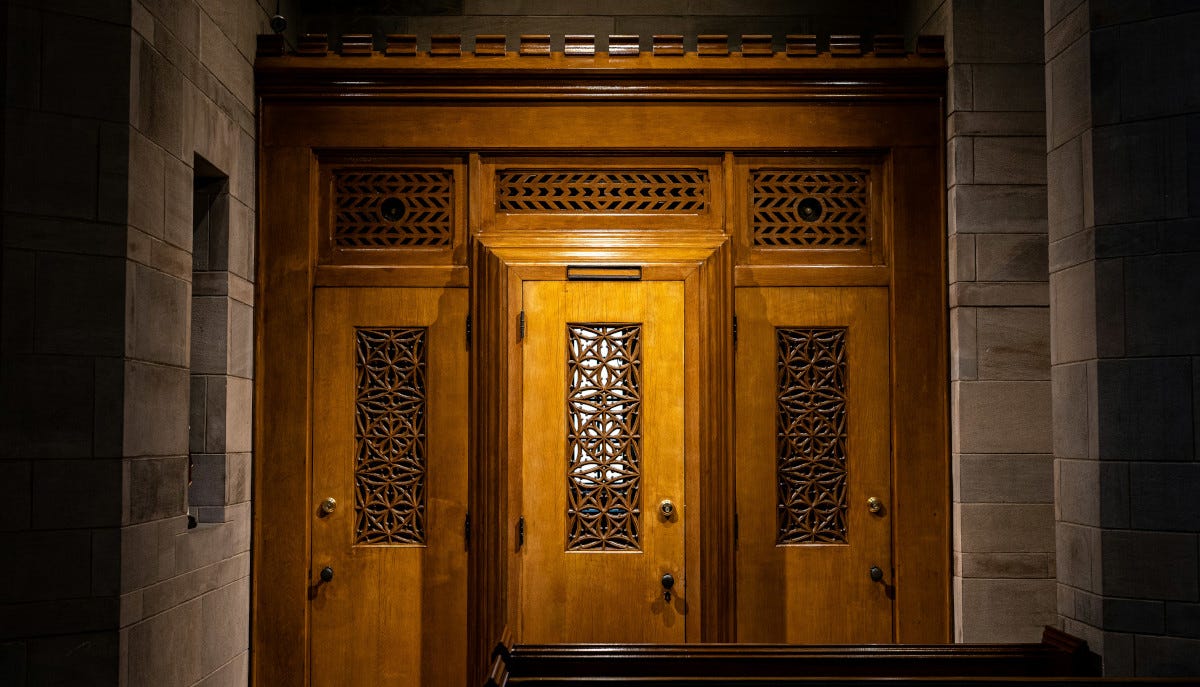Updated: Catholic priests fight law that threatens confidentiality of confessions
Washington lawmakers expanded law on reporting of child-abuse cases

Update (July 29, 2025): Since this article was written, U.S. District Court Judge David Estudillo has imposed a preliminary injunction preventing Washington state from enforcing the mandatory-reporting provision of the law as it applies to Catholic priests hearing confessions. The i…


